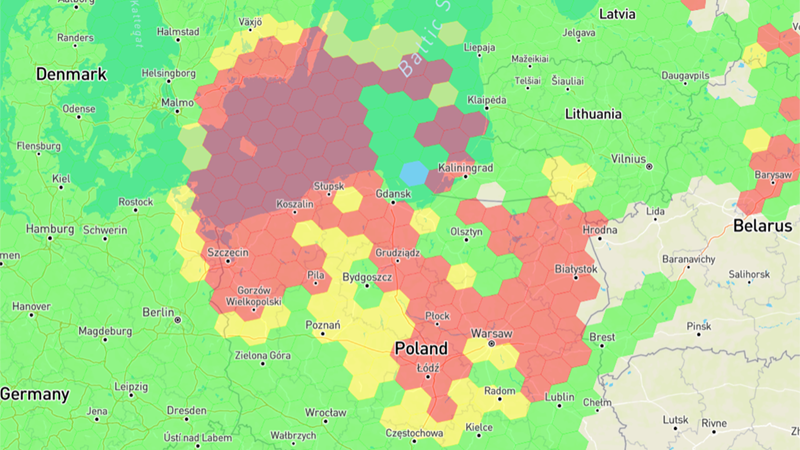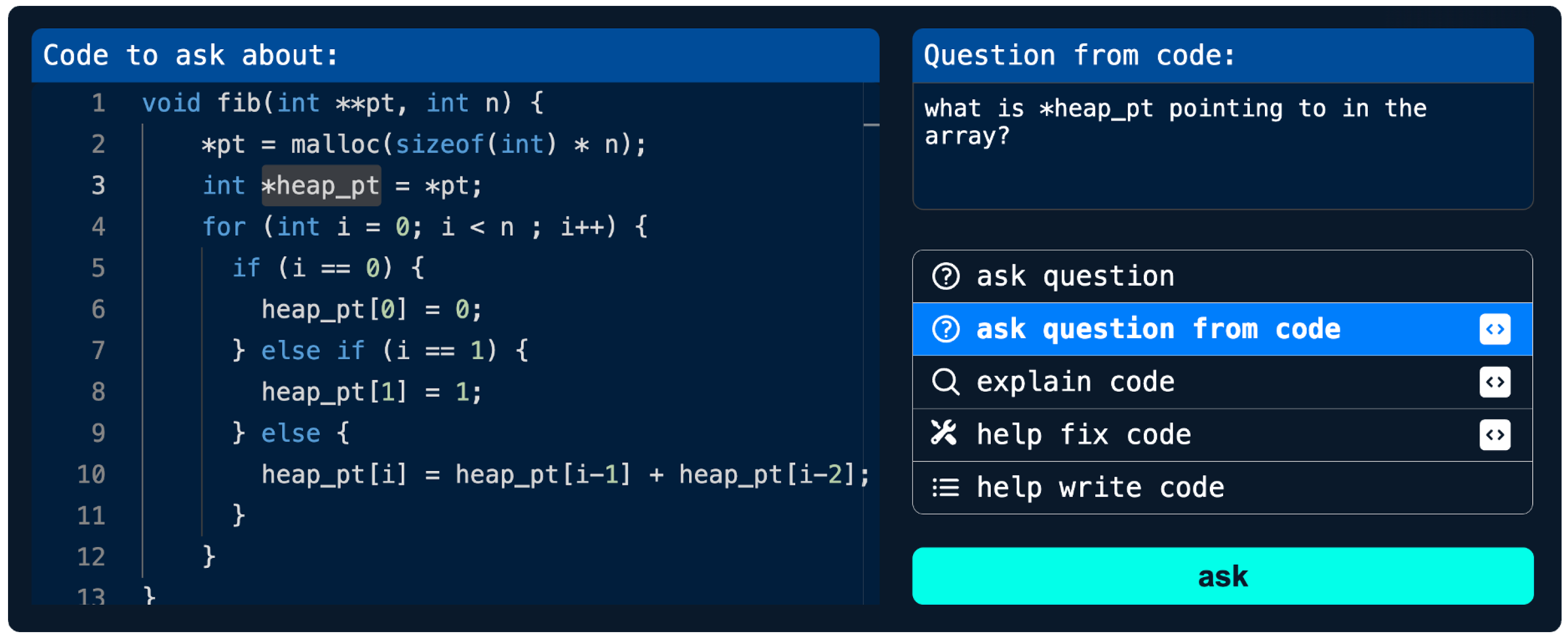Search code, repositories, users, issues, pull requests...
Goal: Lowest possible total transfer time - to be only hardware limited (disc or network bandwidth not latency) and as efficient as possible (low CPU/memory/resources utilization)
We keep dependencies minimal in order to maximize portability and ensure a small binary size. As a bonus, this also minimizes compile time.
We aren't using exceptions for performance reasons and because using exceptions would make it harder to reason about the control flow of the library. We also believe the WDT library is easier to integrate as a result. Our philosophy is to write moderately structured and encapsulated C code as opposed to using every feature of C++.
We try to minimize the number of system calls, which is one of the reasons we are using blocking thread IOs. We can maximize system throughput because at any given point some threads are reading while others are writing, and data is buffered on both paths - keeping each subsystem busy while minimizing kernel to userspace switches.
WDT uses "Mbytes" everywhere in its output as 1024*1024 bytes = 1048576 bytes (technically this should be the new mebibyte (MiB) standard but it felt Mbytes is be more in line with what other tools are using, clearer, easier to read and matching what a traditional "megabyte" used to mean in historical memory units where the address lines are binary and thus power of two and not of ten)

















